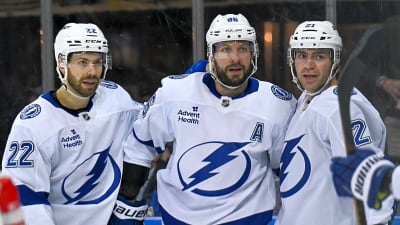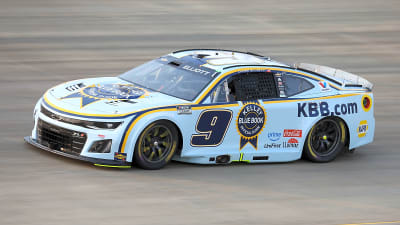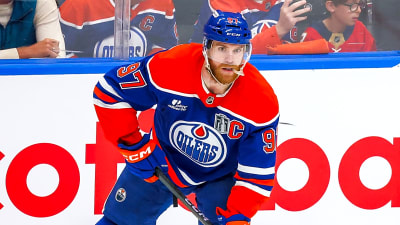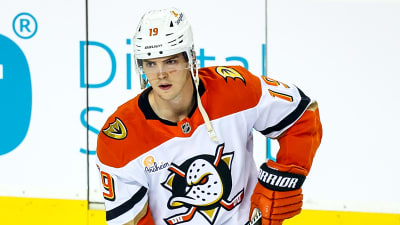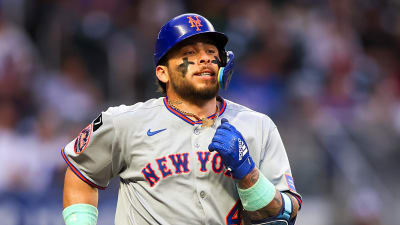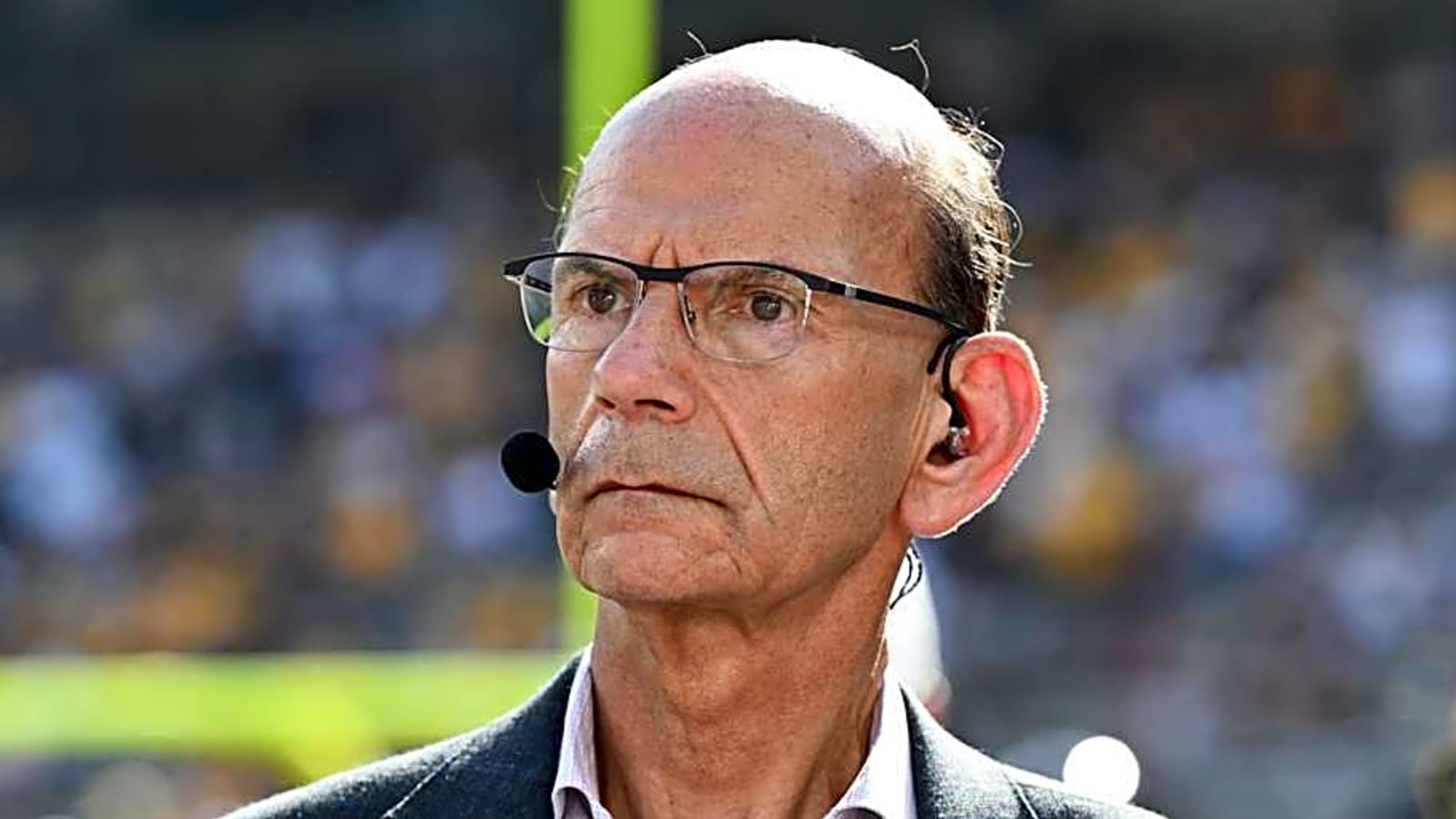
The highly-anticipated ruling in the House v. NCAA settlement is less than two weeks hold, and Paul Finebaum adamantly believes there are already signs of a potential collapse of the new status quo.
Judge Claudia Wilken's ruling marks a significant shift in how college athletics approach the NIL space. Schools can now directly compensate athletes in a revenue-sharing model, with deals stemming from collectives and boosters subject to a clearinghouse process moving forward.
Participating schools are expected to share up to $20.5 million directly to athletes this year while the NCAA is tasked with paying damages to former players for use of their NIL.
The landmark shift has been praised by college leaders, including Power Four conference commissioners. Finebaum, though, senses that the "original enthusiasm has evaporated" given a number of appeals having already been filed since the June 6 ruling.
“A lot of the original enthusiasm has evaporated, and I think the reality has struck,” ESPN analystFinebaum said Tuesday on "McElroy and Cubelic in the Morning." “I give the four Power Four commissioners kudos for showing up and the other people for showing up a week ago and a day, and expressing optimism. And what else are they supposed to do?"
The House Settlement also opens the door for back pay of former athletes to the tune of $2.8 billion in total, including those that played from June 15, 2016, to Sept. 15, 2024. Football and men's basketball will receive 90% of those funds while women's basketball and remaining athletes are slated to split the remaining 5%.
A collection of former women's sports athletes, including at least six from the College of Charleston, filed an appeal on June 11, citing Title IX violations, that is expected to halt those damages being payed out to former players. Additionally, a second and similar appeal was filed on Monday, according to Steve Berkowitz of USA TODAY Sports.
“They tried to avoid a courtroom," Finebaum said. "They tried to avoid what could have been the end of what we know as college athletics, and they took a victory lap. But since then, I haven’t seen very many positive things. It seemed like, once again, the plaintiff attorneys are out in force. And just like they have done with so many other industries, they are probably going to completely screw up this.”
While the revenue-sharing NIL model is still slated to begin on July 1, the pause on back pay to former athletes does paint a concerning picture of the viability of the new system.
More must-reads:
- Pacers' Pascal Siakam posterized fellow sidekick during Game 6
- Wayne Gretzky criticizes Oilers after Stanley Cup loss
- The 'Most goals in a Stanley Cup Playoffs' quiz
Breaking News
Trending News
Customize Your Newsletter
 +
+
Get the latest news and rumors, customized to your favorite sports and teams. Emailed daily. Always free!
